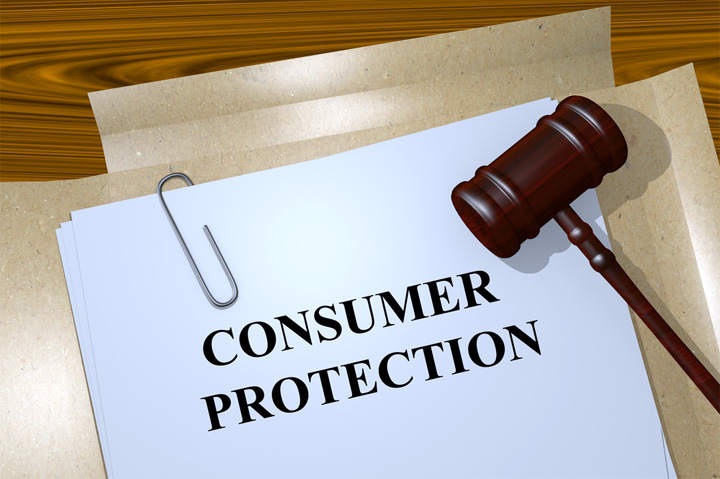August 23, 2022
New Button Cell Battery Safety Standards Will Affect Promo
President Joe Biden recently signed Reese’s Law, named in honor of an 18-month-old child who died after ingesting a button cell battery from a remote control.
President Joe Biden has signed into law a bill that aims to strengthen safety standards for products with button cell and coin batteries, which are frequently found in everyday items.
Promotional products companies that sell merchandise containing such batteries will have to comply with the new regulations, or risk running afoul of federal authorities.

Reese’s Law is named in honor of Reese Hamsmith, an 18-month-old child who died after ingesting a button cell battery from a remote control.
“Reese’s life was taken way too soon, but her legacy will live on through this law so that no other family will have to suffer like ours,” said Reese’s mother, Trista Hamsmith, who led the charge for improved safety standards. “We are thankful for the passage of this legislation to help protect all children and families from the hidden dangers of button batteries.”
Reese’s Law in Action
The goal of the legislation is to protect children from these small, round button cell and coin batteries, which are found in common household items such as cameras, calculators, remotes, battery-operated candles, flashing apparel, key fobs, various kids’ toys and technology items, Bluetooth trackers, and even light-up/audio greeting cards.
If swallowed, the batteries pose a serious danger to young children and infants. They can cause everything from choking to severe internal burns that lead to death.
Under the legislation signed by Biden, the Consumer Product Safety Commission (CPSC) must promulgate an official consumer product safety standard for button cell batteries/coin batteries, as well as consumer products that contain these items, by Aug. 16, 2023.
The U.S. senators that sponsored the bipartisan legislation, Richard Blumenthal (D-CT) and Marsha Blackburn (R-TN), said the legislation specifically directs the CPSC to:
• Create performance standards requiring the compartments of consumer products containing button cell or coin batteries to be secured to prevent access by children six years of age or younger.
• Require button or coin cell packaging to be secured in a child-resistant manner.
• Require warning labels in product manuals, on the packaging and directly on the product when practical, so it is visible.
• Require warning labels that clearly identify the hazard of ingestion.
• Require warning labels that instruct consumers to keep new and used batteries out of the reach of children, and to seek immediate medical attention if a battery is ingested.
Promo Firms’ Responsibilities
“Promo companies will have to ensure that they fully comply with the warning label requirements of the new legislation,” said Nigel Harris, CEO of PowerStick (asi/51566), a supplier with a diverse portfolio of products that includes audio items, Bluetooth trackers, chargers and phone accessories. “Not including a button cell or coin battery will not absolve a distributor or supplier from this requirement. Any product that requires such a battery will also have to comply with the legislation.”
As the CPSC works on the particulars, Harris recommends that suppliers that sell affected products be prepared to do the following: Ensure that access to the button battery is restricted, have warning labels on all packaging that contains button batteries or products that contain them, and have warning labels attached to material that promotes or instructs in the use of such products.
“Distributors,” Harris said, “should ensure suppliers from which they source are taking these important steps.”